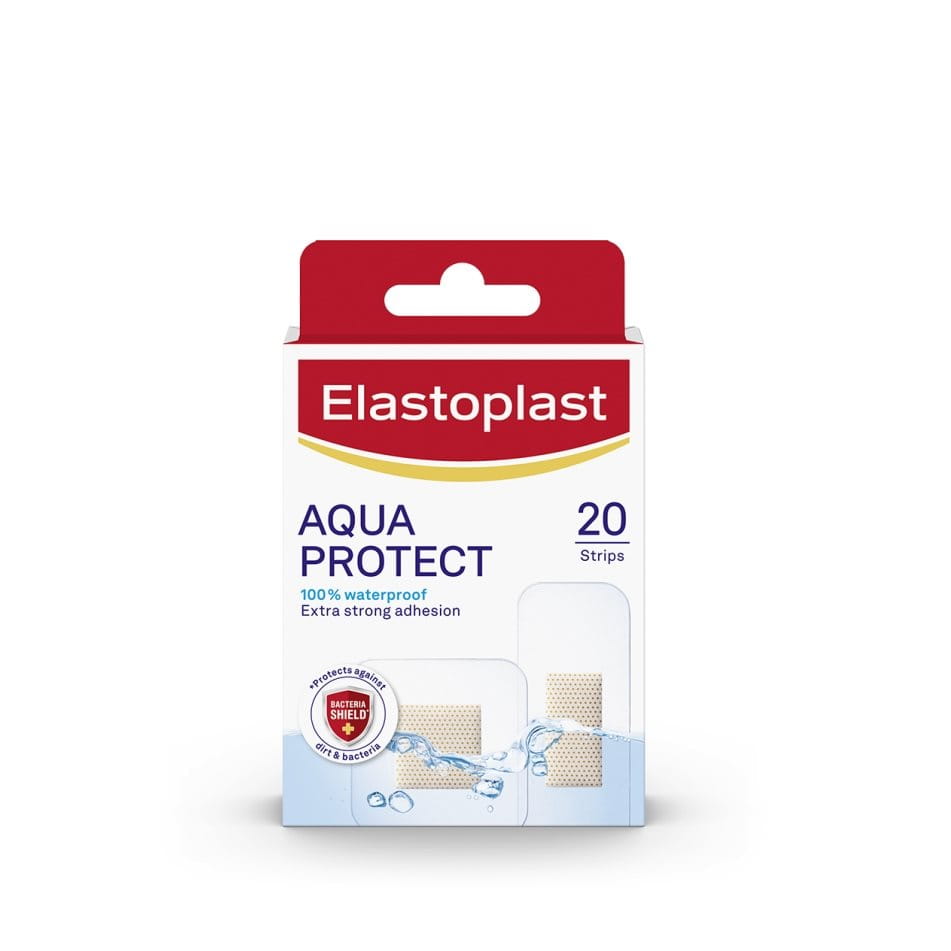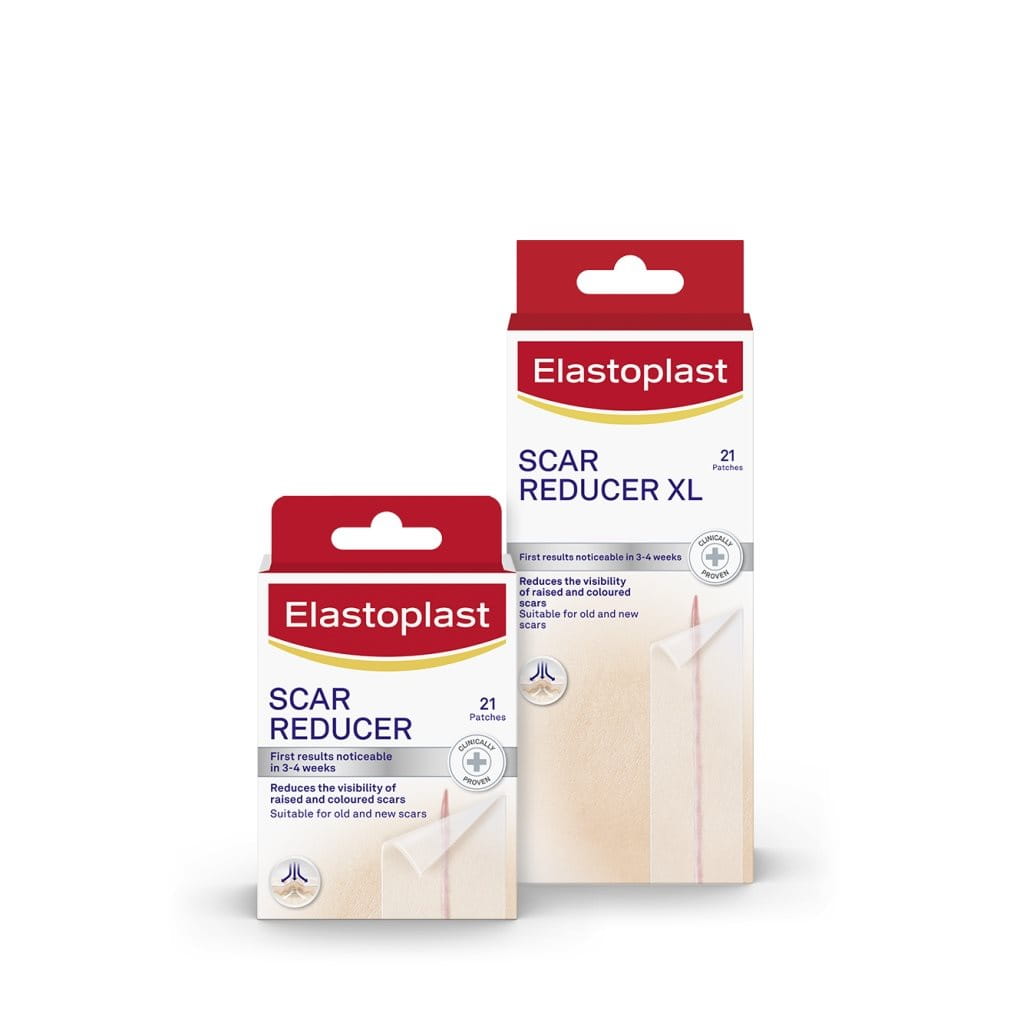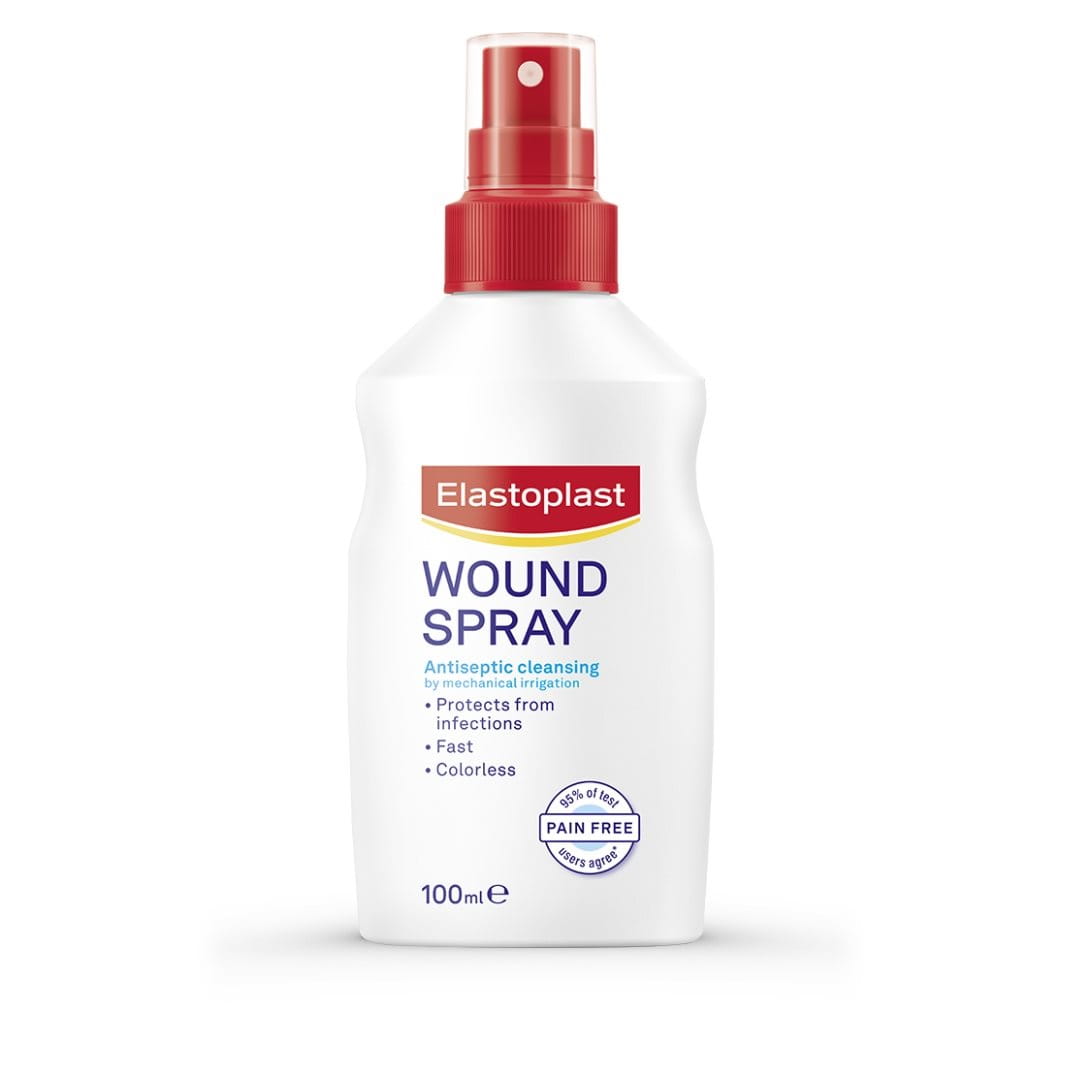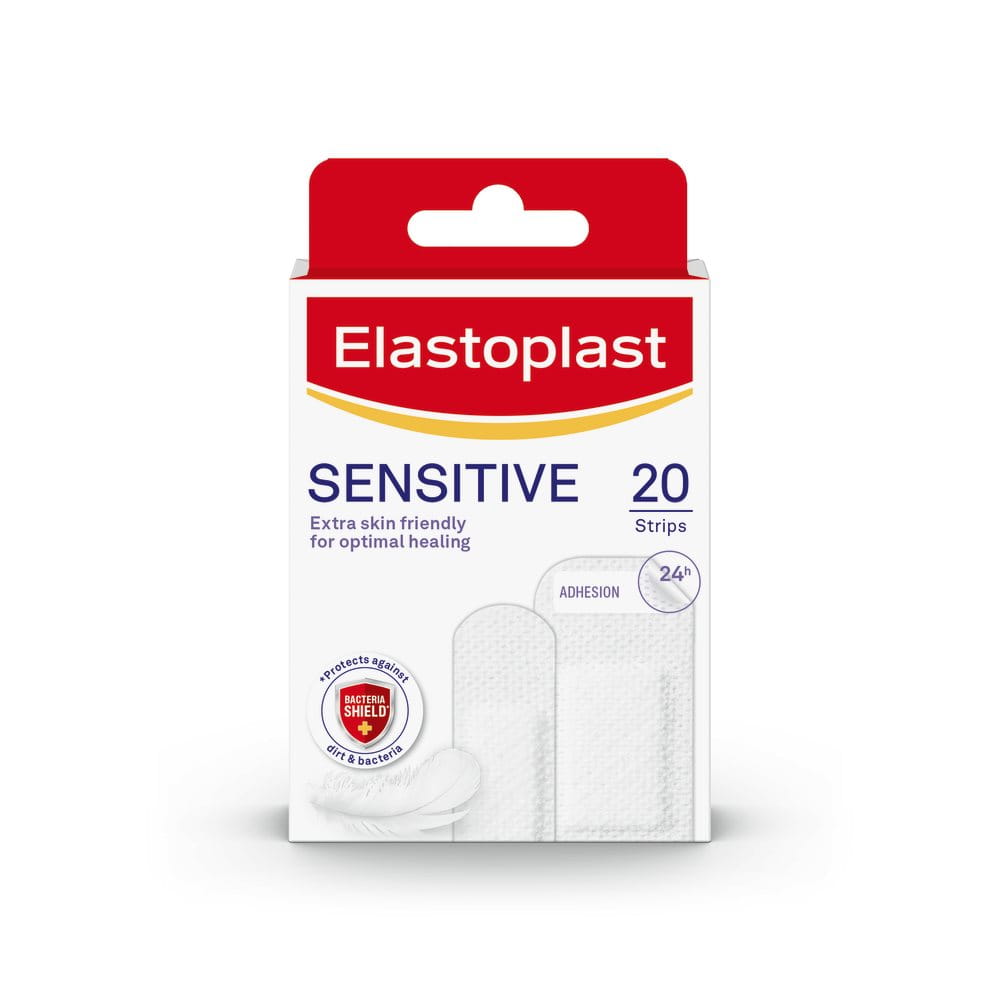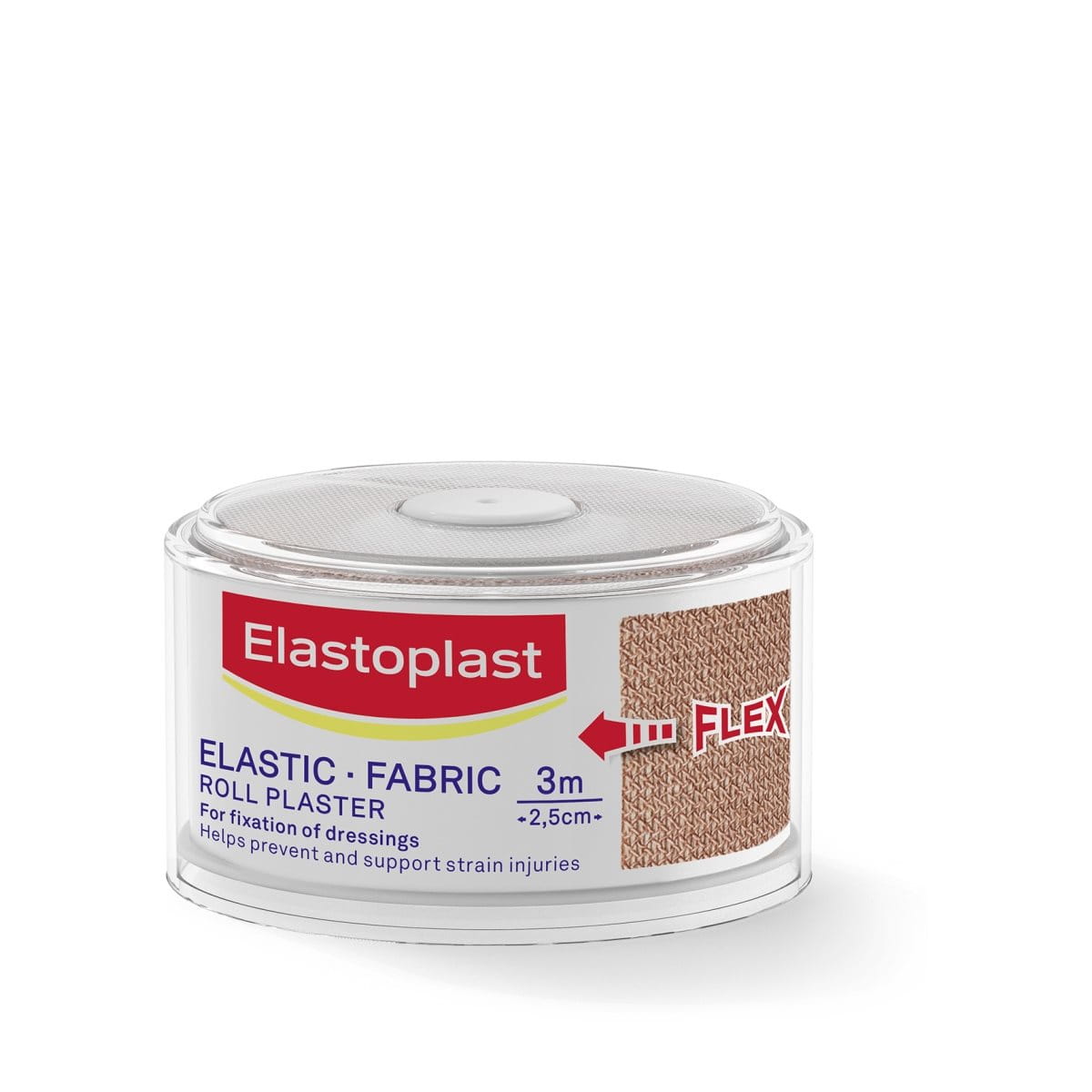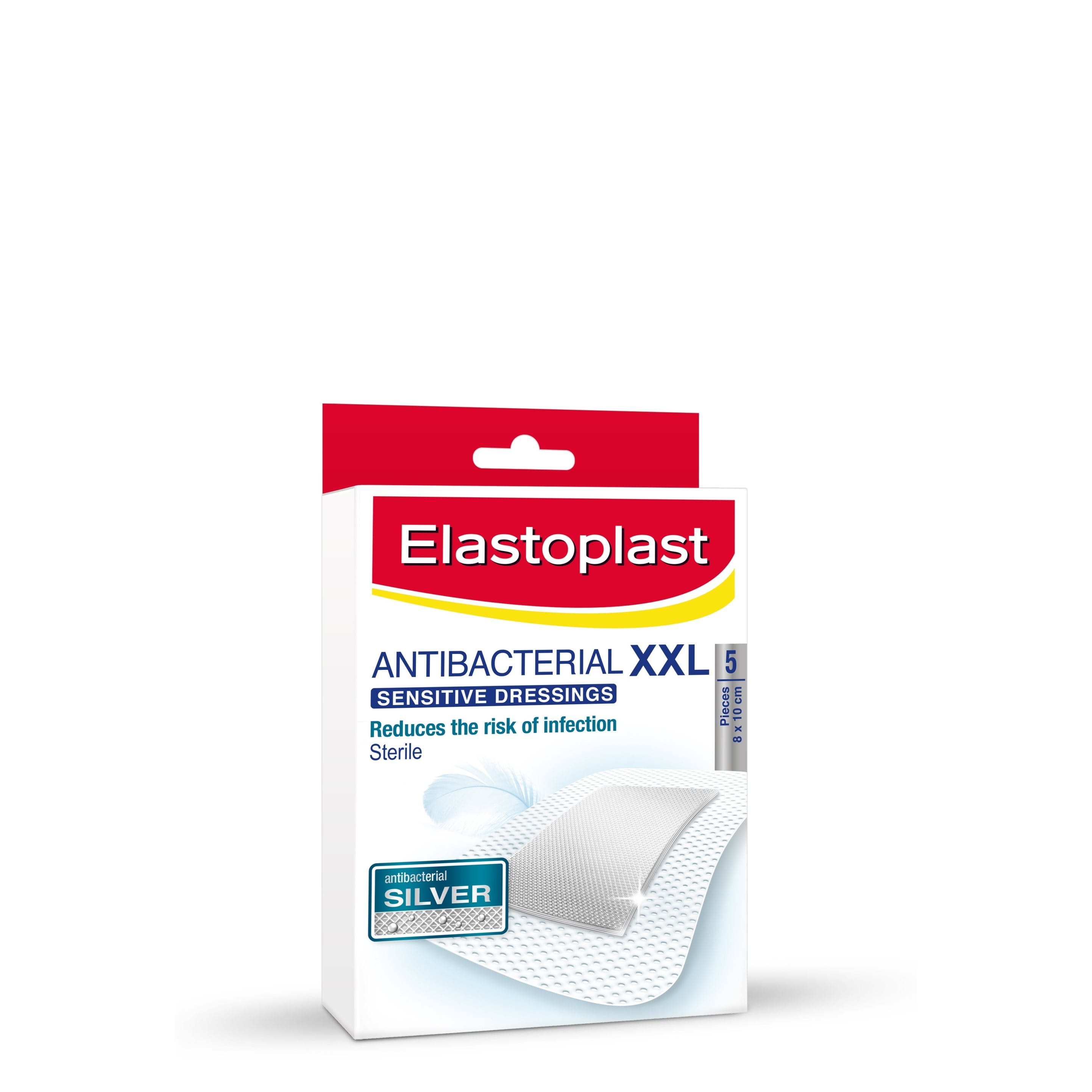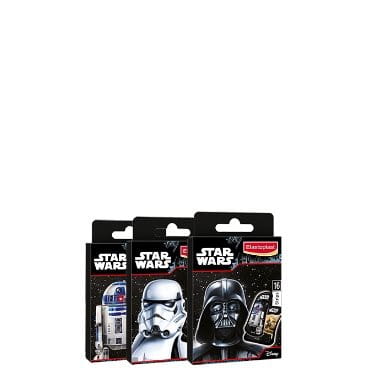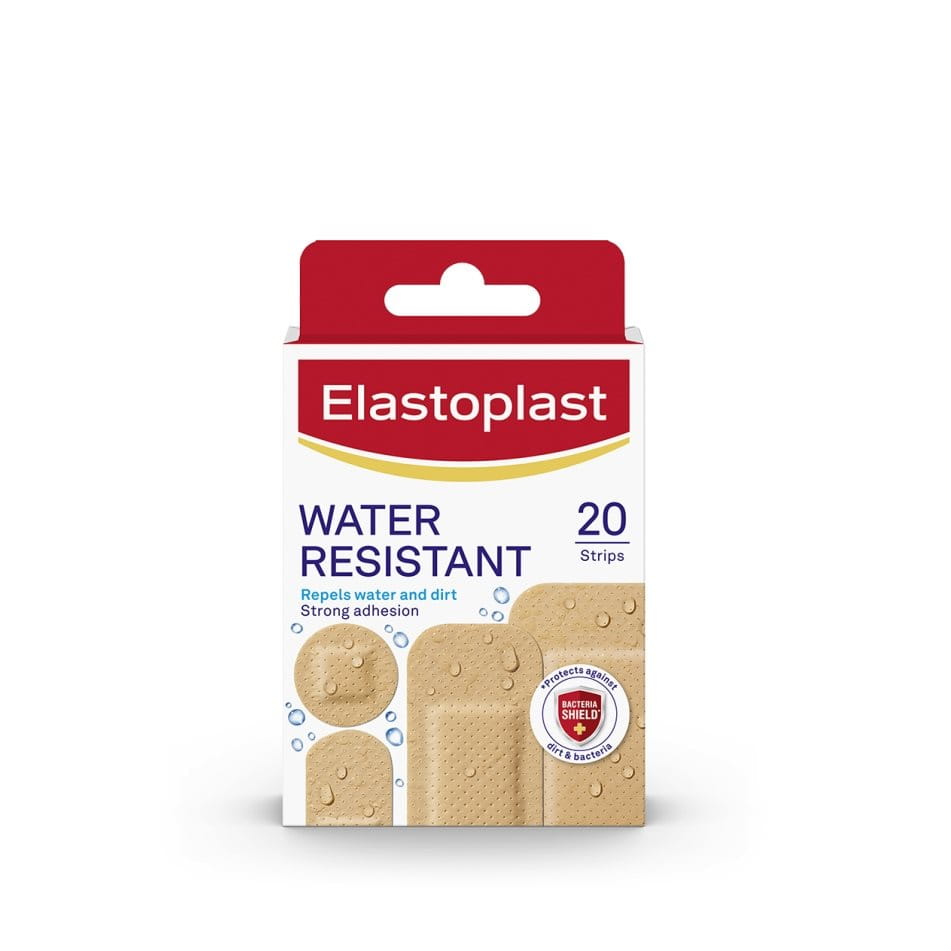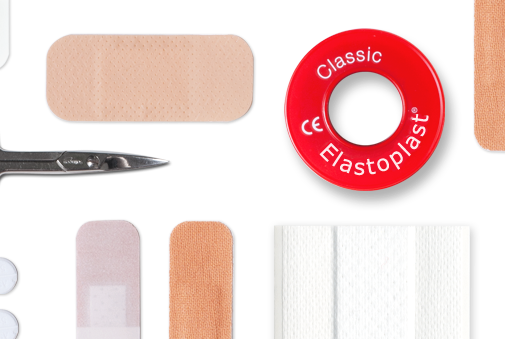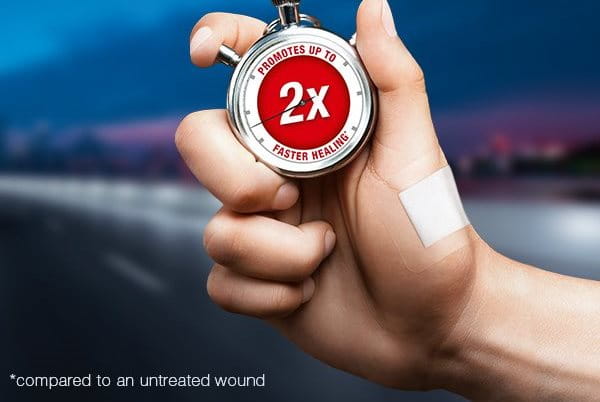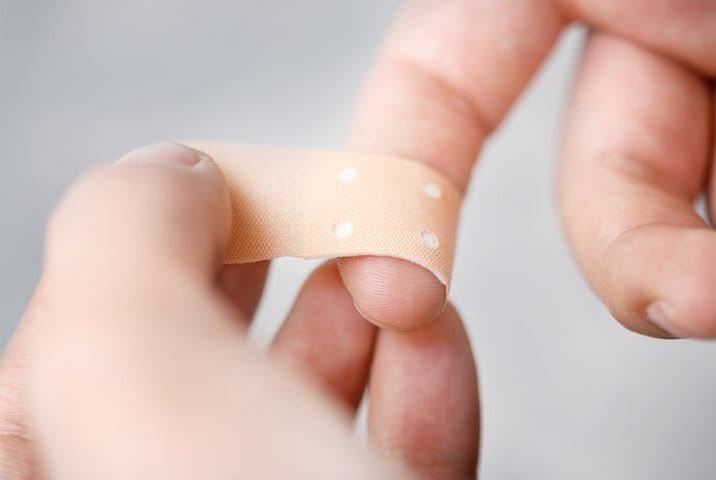Product Info
Elastoplast Sensitive
Elastoplast Sensitive plasters are extra skin friendly for optimal healing and suitable for covering all types of smaller wounds.
The comfortable material stays in place even when in contact with water and is flexible. The non-stick woundpad protects and cushions the wound. The secure and skin friendly 24h adhesion ensures that the plaster stays in place but is still painless to remove.
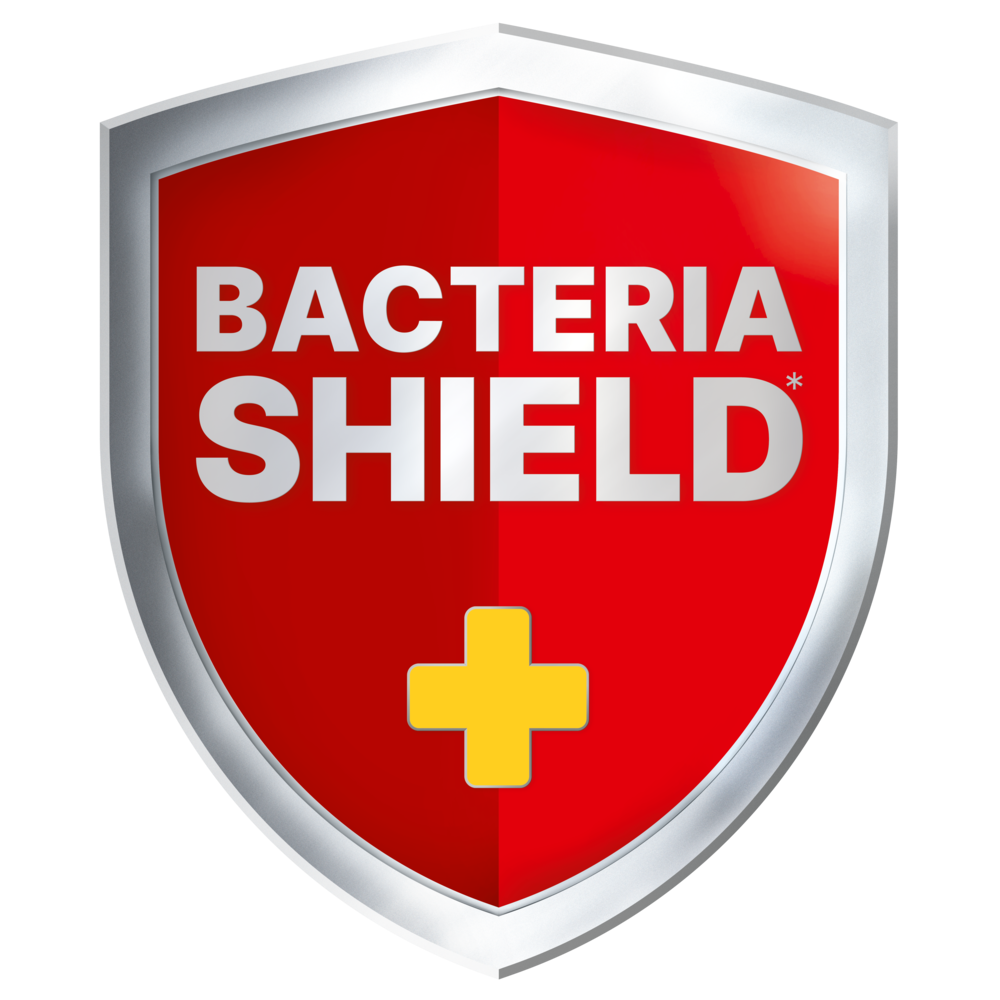
*Elastoplast plasters block 99% of dirt and bacteria.
The plasters are available
- as strips in different sizes and colours which seal all around the wound and
- as dressing length which can be cut to the ideal size.
Elastoplast Sensitive plasters are suitable for diabetics as well.
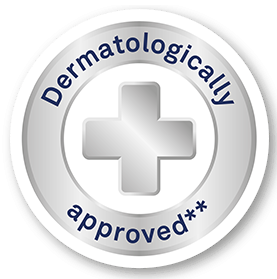
Soft and breathable material.
**Skin compatibility dermatologically approved.
Clinical Studies
The efficacy of the Elastoplast Sensitive plasters has been proved in several clinical studies. Interested in knowing more?


How To Use
Ingredients
All Ingredients
|
Product |
Type |
Size |
Quantity |
||||
|---|---|---|---|---|---|---|---|
|
Product : |
Sensitive 1 m x 6 cm (dressing length) |
Type : |
|
Size : |
10 cm x 6 cm |
Quantity : |
10 Pieces |
|
Product : |
Sensitive 2 m x 6 cm (dressing length) |
Type : |
|
Size : |
10 cm x 6 cm |
Quantity : |
20 Pieces |
|
Product : |
Sensitive 20 Strips (assorted) |
Type : |
|
Size : |
19 x 72mm
30 x 72mm
|
Quantity : |
14 Strips
6 Strips
|
|
Product : |
Sensitive 40 Strips (assorted) |
Type : |
|
Size : |
19 x 72mm
30 x 72mm 50 x 72 mm Ø 23 mm |
Quantity : |
20 Strips
10 Strips 2 Strips 8 Spots |
FAQ (5)
-
1. How often should I change my plaster?
Usually, it is recommended to change standard first aid dressings daily due to hygienic reasons. Some advanced plasters such as the Fast Healing Plaster that provide moist wound healing conditions are recommended to be left in place for up to two days or more in order not to interrupt the healing process. -
2. Is it better to let small wounds dry in the fresh air instead of putting on a plaster?
It is one of the wound care myths that keeping minor cuts and grazes uncovered and let air to them helps them to heal faster. The contrary is true! Research shows that covered wounds heal more efficiently and have a reduced risk of infection. Elastoplast products provide protection until the wound is completely healed. -
3. When should I consult a doctor?
We recommend contacting a medical professional under the following circumstances:
- if the wound is deep and causing major bleeding
- if the wound shows signs of infection such as redness,
- warmth, pain and swelling
- if there are embedded foreign objects in it
- in case of animal or human bites
- if the wound is in the area of the face
- if there is insufficient tetanus vaccination
- and of course always when you have questions or are uncertain.
-
4. What if my wound gets infected and suppurates?
You should contact a medical professional if you recognize signs of infection. This is not only the occurrence of pus but also swelling, redness, heat, pain, itching or burning. In case of infection the wound will need medical care and special medical treatment. -
5. Which plaster should I use for my sensitive skin?
If you have very sensitive skin we recommend using the Elastoplast Sensitive or Elastoplast Sensitive Kids products. These plasters are especially developed for sensitive skin and are very skin friendly and hypoallergenic.
